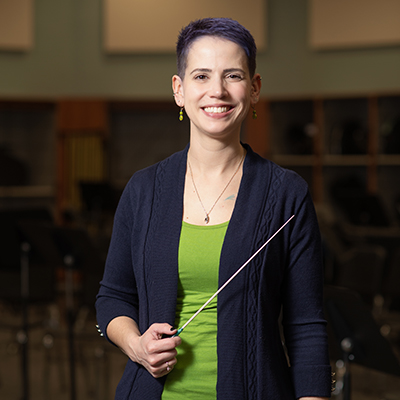CTE is a silent victim of the teacher shortage
By Corban Van Dam
High school is a time when young people explore different interests and begin to work out what they want to do with their lives. This crucial developmental exercise requires a diverse array of learning experiences and educators to guide that journey.

Unfortunately, the crushing teacher shortage is weighing on every aspect of the school experience, including Career and Technical Education (CTE). Fewer educators mean schools are forced to fill core subject positions first, with elective positions gradually becoming harder to fill, forgotten and triaged out of existence.
The source of the problem is difficult to place because it has become a vicious cycle. Fewer students are pursuing a career in education, causing colleges and universities to slim specialized educator programs, which in turn provides few options for aspiring educators choosing a field.
This tragically will cost some students the opportunity to discover their true calling.
When I attended Western Michigan University, our state was home to five universities that offered my major of Business Education. Now, we’re down to two.
The lack of student teachers that my fellow CTE educators and I have had come through our schools lately is a canary in the coal mine, indicating the educator shortage will only worsen.
It’s a shame because electives provide teachers and students with a unique and authentic environment of creative teaching and learning. While we provide learning experiences that prepare students for standardized testing, CTE teachers are focused more on preparing students for the world of work.
Watching students grow from unique, personalized learning experiences is the reason many of us entered the profession. We’re often free to use our best judgment, tailoring lessons to student needs and diving deeper into their career interests.
I am a product of business courses at Allegan High School. I pursued a career in Business Education because of my love for the business world, my advisor’s suggestion, and my passion for helping students succeed.
These days advisors have their hands tied. Those hoping to guide a student into CTE must navigate extremely limited options. If the select few colleges offering a specific program are out of reach for that student, they’re out of luck.
There are other ways to obtain the knowledge to instruct career-specific courses – specifically from field experience. However, while skills are often transferable from the field to the classroom, the pay is not.
The current system relies on one’s passion for educating youth to draw potential educators away from a more lucrative position in the private sector. But even those willing to make that move often find there isn’t a clear pipeline to obtain teaching certifications.
This shortage won’t solve itself. Without sufficient availability of college programs necessary for aspiring educators to enter the field, a clear path for experienced professionals to transition to the classroom, and competitive pay for educators as a whole, I fear the situation will only get worse.
The recent shift to make Personal Finance class a graduation requirement offers me hope. This crucial elective is finally getting respect, and the change could force the shortage of elective educators into the light.
Maybe that light will spill over onto other critical shortages of CTE educators and illuminate the importance of these programs in the lives of students and the future of our state.
Corban Van Dam is a veteran business teacher in West Ottawa Public Schools.


